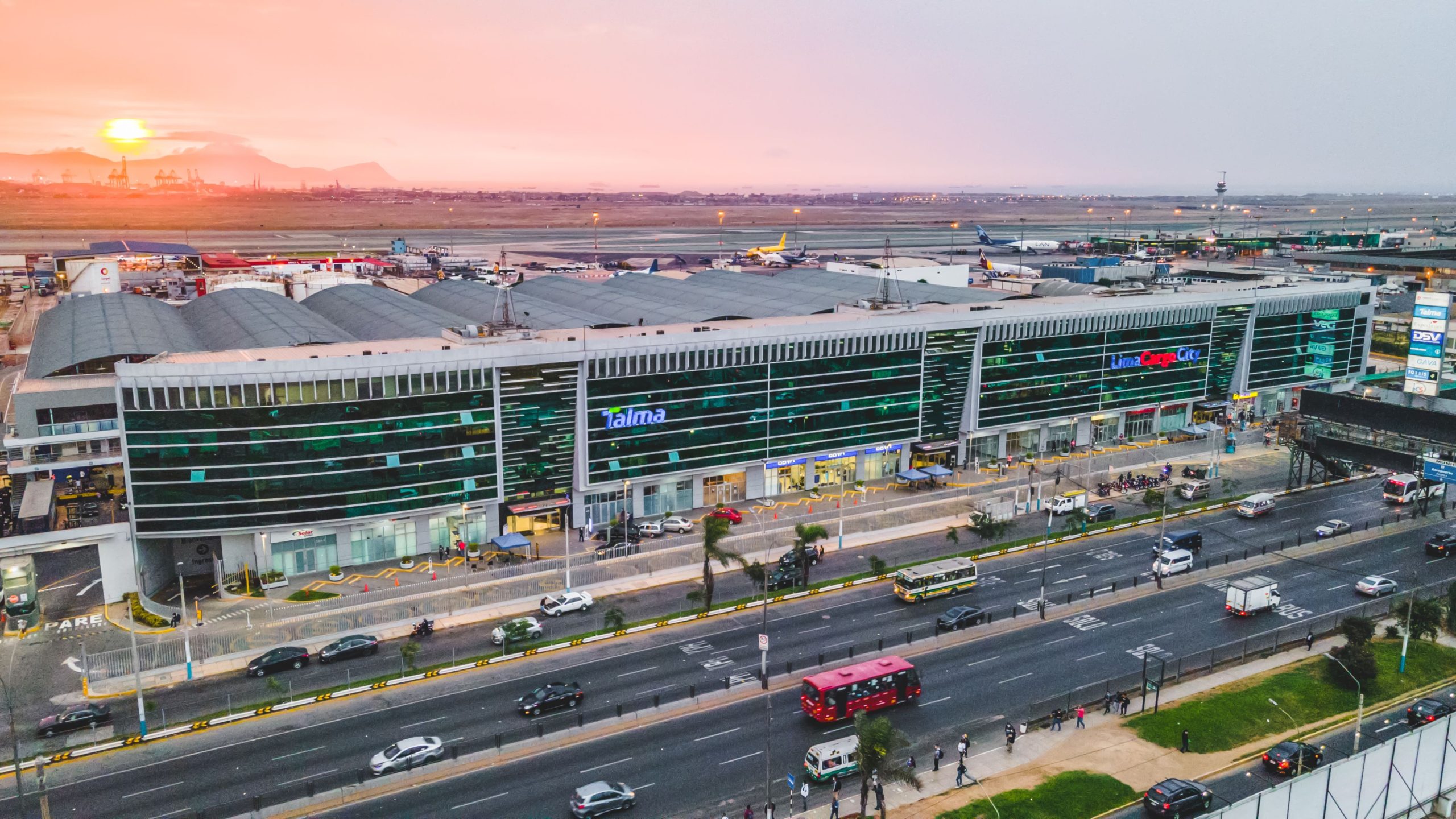Source: Fraport
- FRA welcomed some 48.9 million passengers in 2022 – Increase of 97.2percent compared to 2021 – Cargo throughput declines due to externalfactors – Some of Fraport’s Group airports worldwide exceed pre-crisis levels
- Brazilian airports of Fortaleza (FOR) and Porto Alegre (POA), combined, recorded some 12.4 million passengers in 2022 – a 41.0 percent gain compared to 2021
- Peru’s Lima Airport (LIM), traffic soared by 72.0 percent to about 18.6 million passengers in 2022 (2019 comparison: down 21.2 percent). Some 1.7 million passenger travelled via LIM in December 2022 (December 2021 comparison: up 27.4 percent)
Commenting on the traffic figures, Fraport AG’s CEO, Dr. Stefan Schulte, said: “2022 was a very turbulent and challenging year for the entire aviation industry. Following the lockdowns at the start of the year, the sudden and sharp increase in demand put a heavy strain on all process partners ramping up operations. Due to the complexity of the system, air traffic operations had a shaky restart at many airports – including in Frankfurt. On the positive side, our worldwide Group airports focusing on tourism traffic showed a highly encouraging performance in 2022. The airports in Greece even exceeded pre-crisis levels, for the first time since the outbreak of the pandemic. Looking ahead, we are confident to see further growth in 2023. People are eager to travel, and we are working full speed to ensure that passengers have the best possible airport experience. Nevertheless, the situation remains challenging.”
In 2022, FRA’s aircraft movements increased by 45.9 percent year-on-year to 382,211 takeoffs and landings (2019 comparison: down 25.6 percent). Accumulated maximum takeoff weights (MTOWs) grew by 37.1 percent year-on-year to about 24.2 million metric tons (2019 comparison: down 23.9 percent).
Cargo volumes in Frankfurt (comprising airfreight and airmail) noticeably decreased by 13.3 percent year-on-year to around 2.0 million metric tons in 2022 (2019 comparison: down 5.6 percent). The main factors contributing to this decline included the airspace restrictions related to the war in Ukraine, the zero-Covid strategy pursued by China throughout almost the entire year, and the overall economic slowdown.
December 2022: strong traffic growth continues
In December 2022, nearly 4.0 million passengers travelled via Frankfurt Airport, up 46.2 percent compared to December 2021. Aircraft movements climbed by 7.9 percent year-on-year to 30,157 takeoffs and landings. MTOWs reached just under 2.0 million metric tons, growing by 7.8 percent year-on-year.
FRA’s cargo throughput, in contrast, fell by 19.0 percent to about 159,671 metric tons in December 2022, still reflecting the overall economic slowdown and the impact of airspace restrictions related to the Ukraine war.
Group airports worldwide report dynamic growth
All airports actively managed by the Fraport Group around the globe reported strong growth during 2022, with Fraport’s Greek airports in the lead. Combined 2022 traffic figures for the Greek gateways even exceeded the 2019 pre-crisis levels for the first time since the pandemic.
Slovenia’s Ljubljana Airport (LJU) saw traffic rise by over 100 percent year-on-year to 970,152 passengers during the full year of 2022 (2019 comparison: down 43.6 percent). In the month of December 2022, LJU served 60,518 passengers (December 2021 comparison: up 33.7 percent).
Fraport’s two Brazilian airports of Fortaleza (FOR) and Porto Alegre (POA), combined, recorded some 12.4 million passengers in 2022 – a 41.0 percent gain compared to 2021 (2019 comparison: down 19.9 percent). In December 2022, FOR and POA welcomed some 1.1 million passengers overall (December 2021 comparison: down 2.5 percent). At Peru’s Lima Airport (LIM), traffic soared by 72.0 percent to about 18.6 million passengers in 2022 (2019 comparison: down 21.2 percent). Some 1.7 million passenger travelled via LIM in December 2022 (December 2021 comparison: up 27.4 percent).
Fraport’s 14 Greek regional airports served some 31.2 million passengers overall in 2022, an increase of 79.0 percent compared to 2021 (2019 comparison: up 3.5 percent). In December 2022, the Greek airports registered a total of 669,103 passengers (December 2021 comparison: up 28.8 percent).
The Bulgarian coastal airports of Burgas (BOJ) and Varna (VAR) saw combined traffic in 2022 advance by 59.2 percent year-on-year to around 3.1 million passengers (2019 comparison: down 37.1 percent). In December 2022, a total of 104,119 passengers used Fraport’s Twin Star airports in Bulgaria (December 2021 comparison: up 56.6 percent).
Traffic at Antalya Airport (AYT) on the Turkish Riviera jumped by 41.8 percent year-on year to about 31.1 million passengers in 2022 (2019 comparison: down 12.4 percent). AYT welcomed 915,574 passengers in December 2022 (December 2021 comparison: up 38.0 percent).

